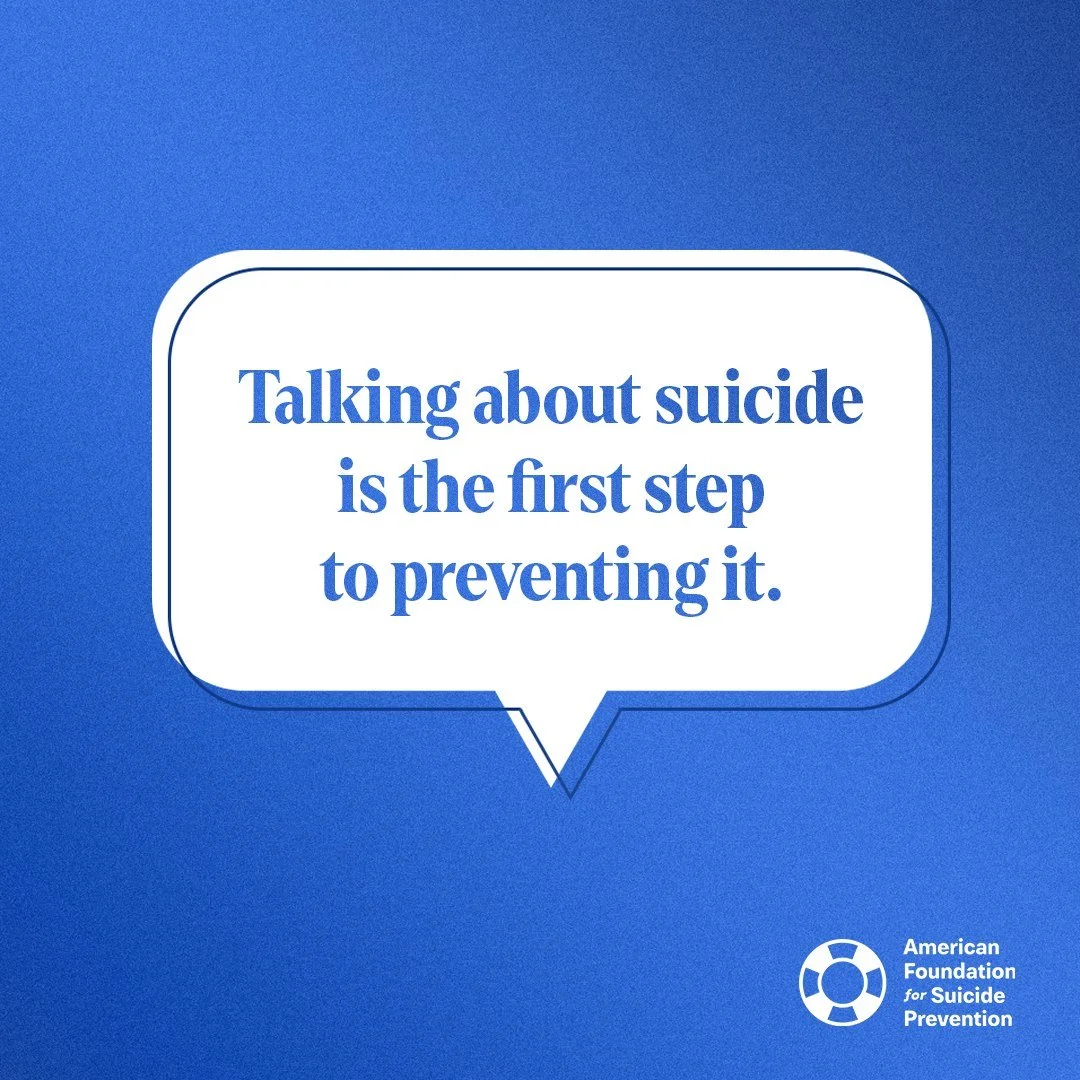
Blog
Suicide Prevention and Awareness
September is National Suicide Prevention and Awareness Month. According to the American Foundation for Suicide Prevention, suicide is the 11th leading cause of death in the United States.
CBT for Brain Injury
CBT teaches practical coping skills for managing emotions, improving effective communication, and problem-solving which can be areas of concern for people with TBI.
Cognitive Reappraisal
Cognitive reappraisal involves changing how a person thinks about, or appraises, a situation. This can be particularly helpful when dealing with a stressful or distressing situation…
Depersonalization-Derealization Disorder
Depersonalization is focused on yourself, and derealization is focused on the external world. Both experiences can include a sense of emotional detachment, feeling numb, or feeling distressed or confused.
Parent Mental Health and The Negative Effects on Children
There is a connection between the mental health of a parent, or primary caregiver, and a child.
What Are The Benefits Of Group Therapy?
Research has shown that group therapy is effective at treating a variety of concerns such as anxiety and depression.
CBT for Perimenopause and Menopause
Cognitive behavior therapy (CBT) is an evidence-based form of psychotherapy that can help manage perimenopause and menopause symptoms such as changes in mood and sleep difficulty.
The Hedonic Treadmill
The hedonic treadmill, which is also known as hedonic adaptation, is the idea that people have a set level of happiness, and after increasing or decreasing in response to life events, happiness tends to return to the set level.
Stop Shoulding on Yourself
"Should thoughts" can create unrealistic expectations and a sense of pressure. Values based behavior that is not based on what sounds good or what someone else says creates more motivation. The next time you act or set a goal, check that expectations are realistic, balanced and based on your values.
Procrastination
Procrastination can lead to stress and missed deadlines. Learn how to stop procrastinating with simple strategies like the 5-Minute Rule and task breakdowns.
Unhelpful Thinking Styles
Unhelpful thinking styles, like catastrophizing or overgeneralization, can distort perceptions and amplify distressing emotions, affecting mental well-being.
Cut Out Catastrophizing
Catastrophizing is thinking the worst possible outcome will happen and is related to anxiety and depression.
Keystone Habits
Keystone habits create positive ripple effects, enhancing routines, mindset, and well-being. Learn how small changes lead to transformative growth.
Are You Willing to Have Chronic Pain?
Most of us don’t like the feeling of pain, yet it is possible to be in pain and not experience suffering. Suffering arises when we do not accept pain and respond to pain with resistance. This creates a struggle with pain that can lead to becoming stuck in it.
What is Trauma Bonding?
Trauma bonding may sound like two people connecting over a similar difficult experience. In actual fact, trauma bonding refers to the attachment someone feels toward someone who is being abusive or causing them harm.
Disordered Eating
Disordered eating involves behaviors and symptoms similar to eating disorders but with less severity and frequency, often including dieting. Dr. Nicole Cross will be leading an in-person, 12-week, Eating Disorder Skills Group starting on September 20, 2024 open to individuals with disordered eating and body image concerns.
Magnification and Minimization: A Cognitive Distortion
Magnification and minimization is a type of cognitive distortion where certain aspects of a situation are exaggerated while other aspects are downplayed or ignored.
What Is Generational Trauma? Causes, Examples, and Breaking the Cycle
Generational trauma is trauma that extends from one generation to the next. We review some examples and discuss how to break the cycle of generational trauma.
The Importance of Going After What You Want
Our thoughts and feelings influence our behavior (and vice versa), and if you believe you can achieve a goal, you are more likely to put in the work to achieve it.




















